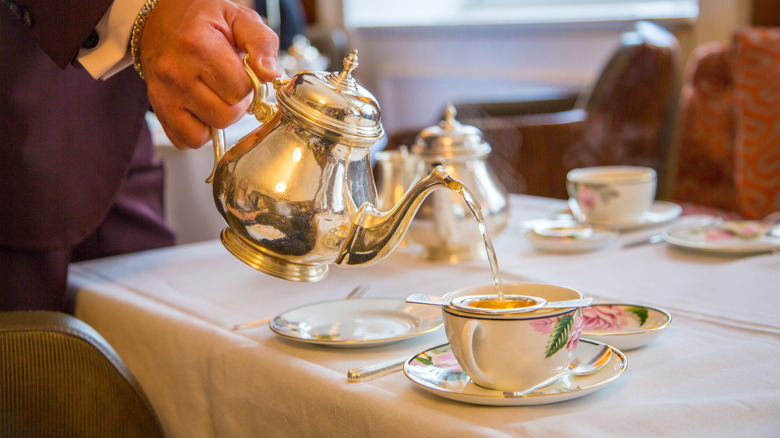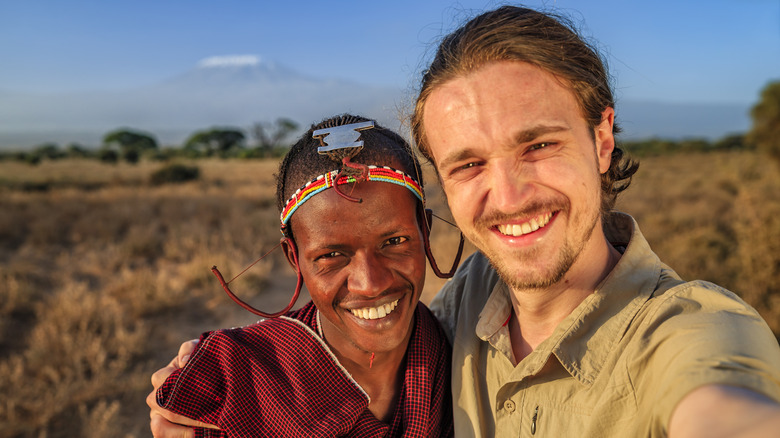In a recent interview with The New Yorker, Rick Steves talks about the importance of being cultural chameleons when we travel. This involves a kind of physical and mental transformation where we temporarily adopt the foods, beverages, style of dress, and behavioral norms of our host countries to more deeply anchor our travel experiences in local culture. This might seem like a simple thing, but small decisions like what we choose to wear, drink, or eat while staying in a foreign country can add up and affect our mindset, which can have a ripple effect on our entire vacation.
As an example: When visiting Milan, you might be tempted to pick up a to-go latte from the Starbucks in the hotel lobby to start your day. The feeling of the paper cup in your hand is comforting and the continuous caffeine drip amps you up so you can begin racing from place to place. But if you have your caffè macchiato at a local bar instead, you’ll be forced to enjoy your artfully prepared beverage while sitting at the bar with other humans. You might even be inclined to smile at or talk to some of them. This slows you down a little, but it also initiates you into “la dolce vita” (sweet life), which is really why you’re here. Right?
When in Rome

When we’re in a strange place thousands of miles from home, we may want to reach for one of our favorite foods or preferred beverages rather than trying something new. International chains cater to these tendencies, setting up shop in popular tourist destinations everywhere. Visitors to the Louvre whose finicky kids are hankering for a Happy Meal can purchase one at a McDonald’s in the museum’s food court. Even down-home KFC has gone crazy international, with a presence in more than 140 countries worldwide. You can even find Starbucks in the heart of Rome.
But in the New Yorker Interview, Steves recommends thwarting our impulses to grab at the familiar in an effort to get the most out of traveling: “The question is not, Where can I get my drink? but, What do local people drink here?” Steves points out that his beverage rituals change as he moves from country to country. When he’s in Greece, he caps off each day with a glass of ouzo; whereas in Scotland, he takes a little shot of whisky. While in London, he savors cups of hot tea after full days of touring, even though he never makes pots of tea at home in Seattle.
Blending in with the locals

Taking this philosophy a step further, making an effort to blend in with your host culture by adopting local styles of dress and abiding by social norms demonstrates cultural sensitivity and respect and makes it less likely you’ll be treated as a foreigner. In the New Yorker interview, Steves jokingly asks, “Should you have a camera bouncing on your belly and be speaking really loud and wearing a baseball cap and talking at people instead of with them?” His answer: “Of course not.”
As a tourist, you’ll never be completely invisible when touring a foreign country, but you can still take steps to harmonize with your environment. Wearing shorts is acceptable in the U.S. and Europe but is frowned upon in African countries like Tanzania, where showing one’s knees is considered inappropriate. Visiting a Japanese home? Leave your shoes at the door. Learning a few phrases of the local language — at a minimum, hello, goodbye, please, and thank you — can also help pave the way for meaningful cultural exchanges. These can add an educational dimension to your trip that goes way beyond “selfies with the locals,” though those can be great, too.

